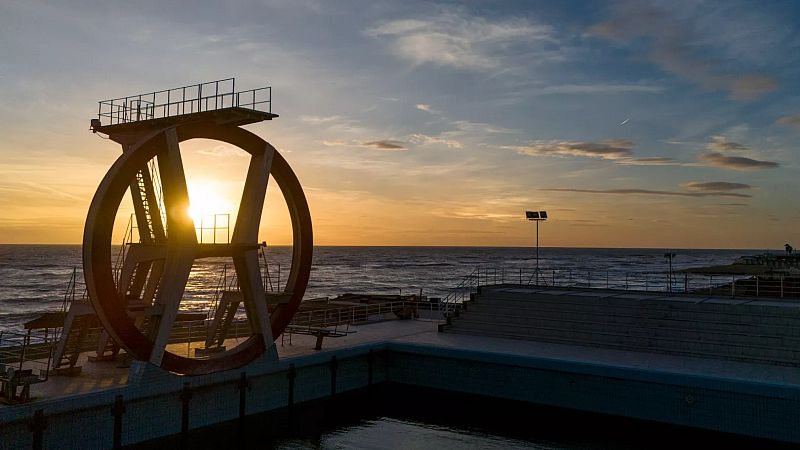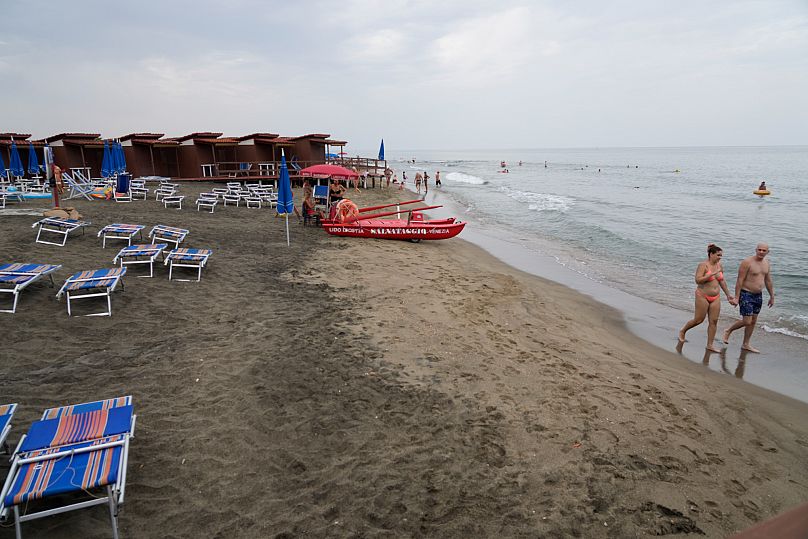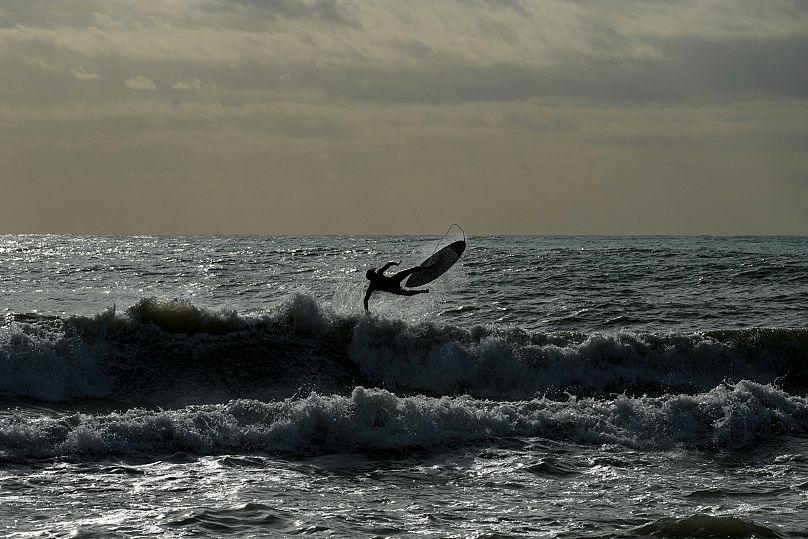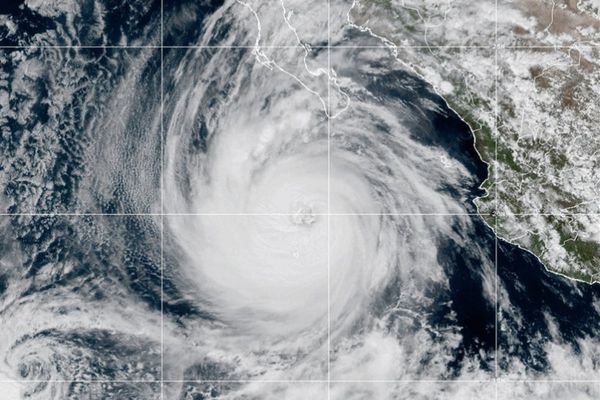
Industry groups estimate that overall visitor numbers are down by as much as 30% compared to last summer. Yet for operators, the situation is more complex than the figures alone suggest.
Antonello Chiappini, who manages the Molto beach club in Ladispoli, confirms the decline but stresses it is not a new phenomenon.
"Since the pandemic, we've noticed a new trend: tourism mainly increases over the weekend compared with weekdays," he told Euronews.
"People no longer rent properties for one or two months, as they used to. More than beach club tariffs, it's rental prices that have gone up. And while weekend revenues increase, they don’t compensate for the losses we experience during the week."

Other associations, like Federbalneari share this view.
They argue the problem is not rising tariffs. Since 2012, the average increase has been around 20%, which they consider modest compared with the post-COVID inflation affecting the wider economy.
Chiappini also notes that tariffs at his establishment have remained stable since 2022.
"An umbrella with two sun beds costs €25 per day. An umbrella with just one sun bed is €18. I think we are more or less aligned with the other beach clubs."
For regular customers, that consistency makes the difference.
"Here tariffs have stayed the same, or at least they're quite moderate," says one woman.

"Here prices haven't changed compared with previous years. But I know in other beach clubs they've spiked, and it’s annoying," said another customer.
Yet, beyond individual beach clubs, a broader controversy continues. Tariffs are not regulated and private concessions granted without time limits are blamed by some associations for keeping costs high.
It's an unresolved issue that continues to fuel the long-running dispute between Rome and Brussels over the implementation of the Bolkestein directive.







